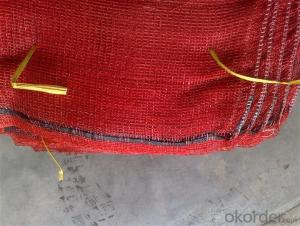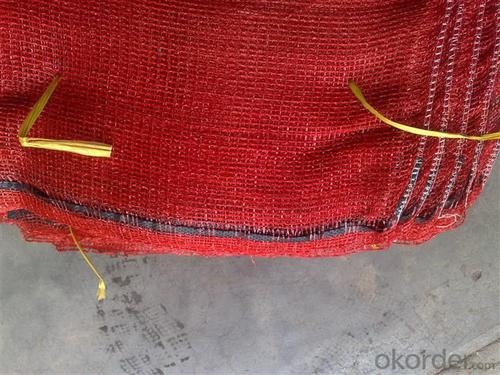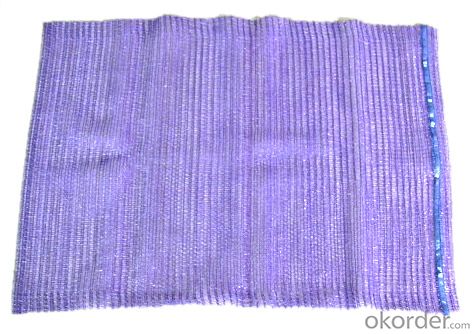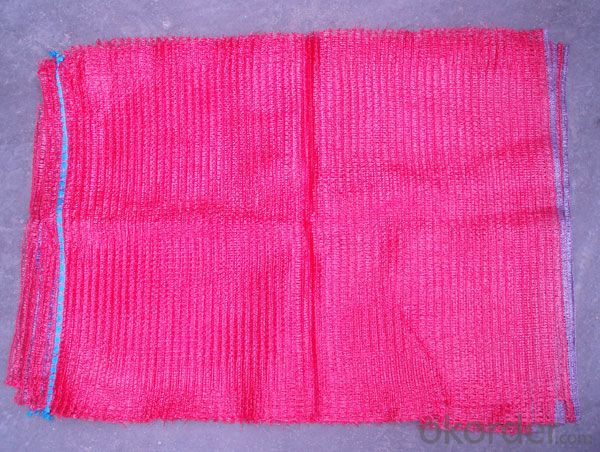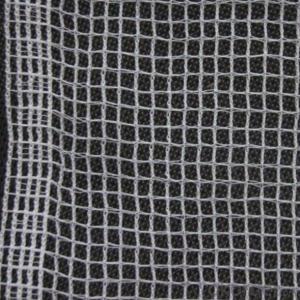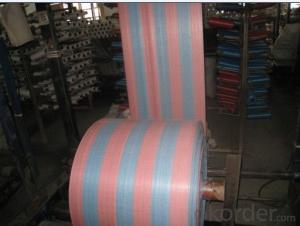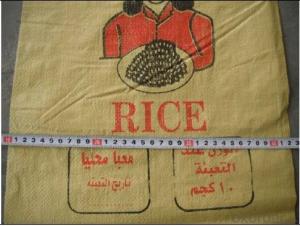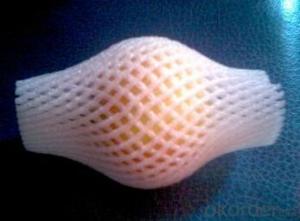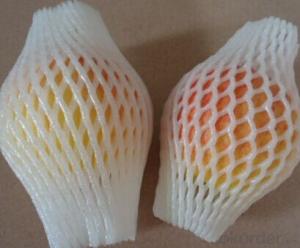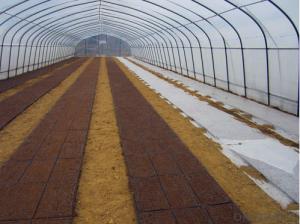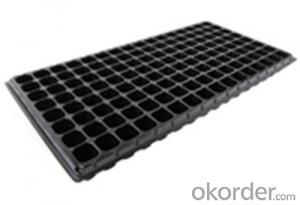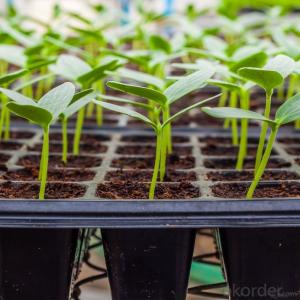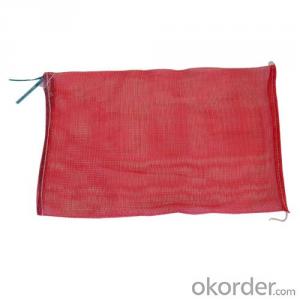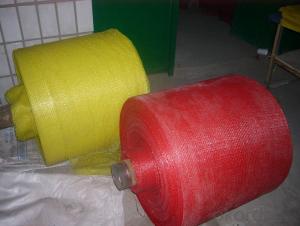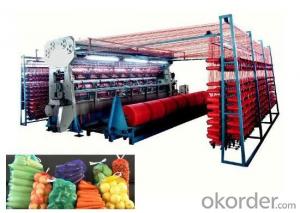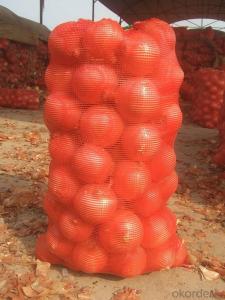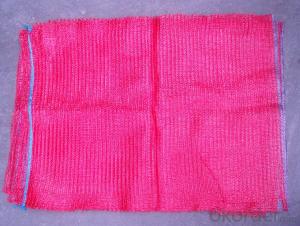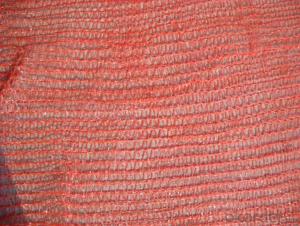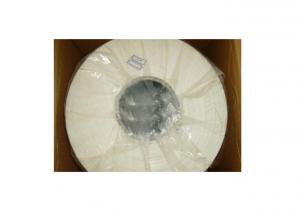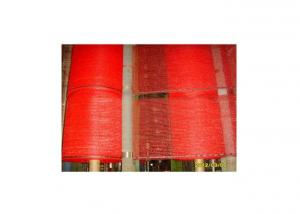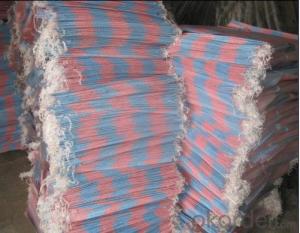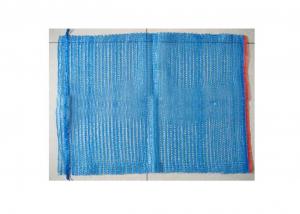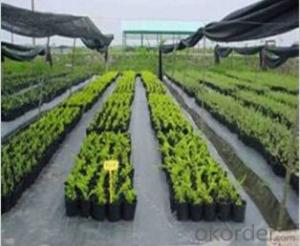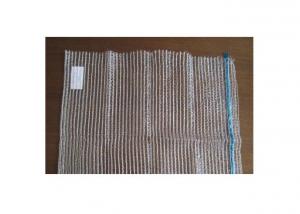Agricultural Vegetable Mesh Bag 28G for South American Market
- Loading Port:
- Shanghai
- Payment Terms:
- TT OR LC
- Min Order Qty:
- 10000 m²
- Supply Capability:
- 1000000 m²/month
OKorder Service Pledge
OKorder Financial Service
You Might Also Like
Product Name of Agricultural Vegetable Mesh Bag 28G for South American Market:
PE Mesh Bag VIOLET
Loading Port: Shanghai port, China
Min.order quantity: 1*20GP
Supply Capability: 20*40HC per month
Payment Terms: TT or LC
Introduction of Agricultural Vegetable Mesh Bag 28G for South American Market:
This products is made by HDPE (High-Density Polyethylene) or PP (Polypropylene), it is used for packing olive, onions, potatoes, and so on.
Specification of Agricultural Vegetable Mesh Bag 28G for South American Market:
30x50cm, 40x60cm, 42x70cm, 50x80cm, 55x78cm, 55x85cm, 57x86cm, 60x90cm, etc.
Width and length are as customers’ request.
Color: red, green, yellow, white, pink, orange, purple, as per your requirements
Top: Hemmed or locked, with drawstring or without, handle is available
Bottom: Single fold or double fold. Single stitch or double stitch
Printing: on one side or both sides, in one color or multi-colors
Application of Agricultural Vegetable Mesh Bag 28G for South American Market:
It can be used packing onions, potatoes, apples, orange and other vegetables or fruits. It can hold heavy enough produces
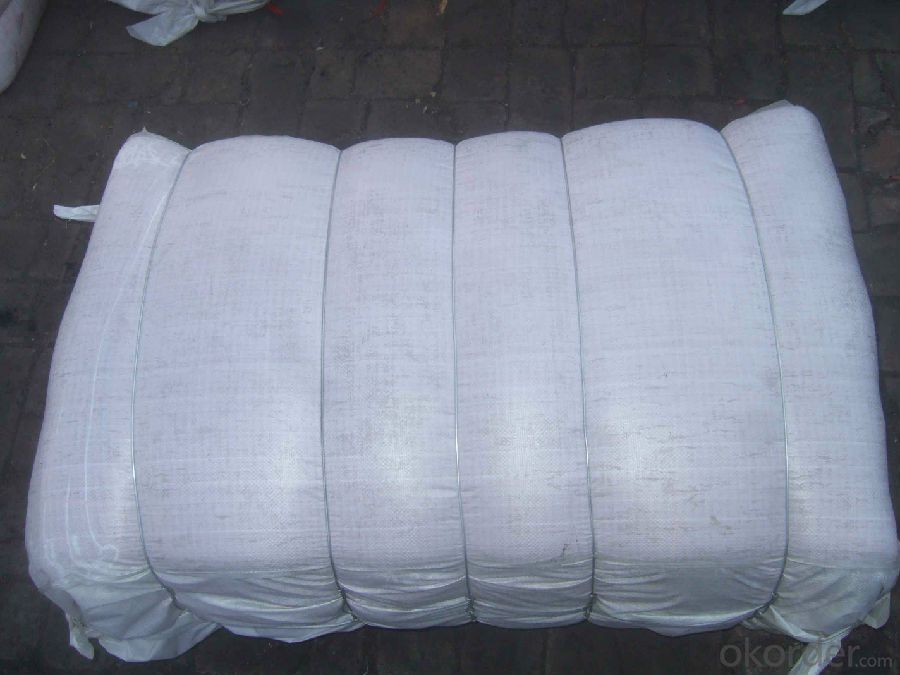
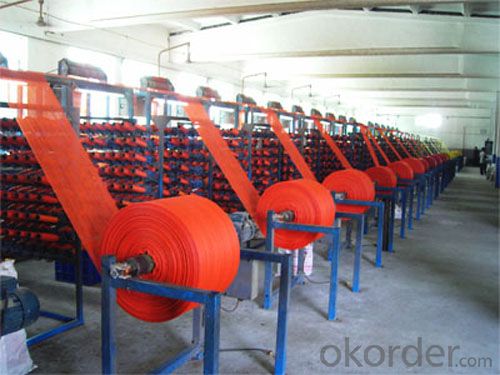
FAQ of Agricultural Vegetable Mesh Bag 28G for South American Market:
Q: How to guarantee the quality of the products?
A:We have established the international advanced quality management system,every link from raw material to final product we have strict quality test;We resolutely put an end to unqualified products flowing into the market. At the same time, we will provide necessary follow-up service assurance.
Q: How long can we receive the product after purchase?
A:In the purchase of product within three working days, We will arrange the factory delivery as soon as possible. The pecific time of receiving is related to the state and position of customers.Commonly 30 to 35 working days can be served.
Q: HOW TO GET A SAMPLE?
A: FREE samples for Agricultural Onion Mesh Bag 40g HDPE Material are available for your checking and testing. And to get free samples, you need to send us you detailed receiving address (including post code) and your DHL/FedEx/UPS account for collecting samples, courier cost will be paid in your side.
- Q: How many cells are typically in a nursery tray?
- The number of cells in a nursery tray can vary, but typically there are about 50 to 72 cells in a standard nursery tray.
- Q: Can nursery trays be used for growing herbs for culinary use?
- Yes, nursery trays can be used for growing herbs for culinary use. These trays provide an ideal environment for herb growth, allowing for proper drainage and root development. Additionally, they are typically designed to be reusable and easy to clean, making them a convenient option for cultivating herbs in a culinary setting.
- Q: How does ground cover affect the growth of nearby annuals?
- Ground cover can have a significant impact on the growth of nearby annuals. A dense and vigorous ground cover can compete with annuals for essential resources such as moisture, nutrients, and sunlight, limiting their growth and development. On the other hand, a well-chosen ground cover can provide beneficial effects by suppressing weeds, conserving soil moisture, and improving soil fertility, creating a more favorable environment for the growth of nearby annuals. The choice of ground cover should be carefully considered to ensure it complements and supports the growth of annuals rather than hindering it.
- Q: What are the rules and guidelines in place to protect the environment from the impact of agricultural plastic products?
- <p>Environmental regulations on the use of agricultural plastic products vary by country and region, but generally aim to reduce pollution and promote sustainable practices. These may include restrictions on the types of plastics used, requirements for recycling or proper disposal, and incentives for using biodegradable alternatives. Some areas enforce bans on certain plastic products, while others mandate the use of thicker plastics to prevent breakage and littering. Additionally, there are often guidelines for the responsible use of plastic mulch films, nets, and other products to minimize their environmental impact. Compliance with these regulations is crucial to protect soil health, reduce plastic pollution, and promote a sustainable agricultural ecosystem.</p>
- Q: This question asks for the distinctions between agricultural plastic products made within a country (domestic) and those produced in other countries (foreign).
- <p>Domestic and foreign agricultural plastic products differ primarily in terms of manufacturing standards, quality control, cost, availability, and sometimes, the types of materials used. Domestic products are typically made to meet local regulations and may be more readily available, while foreign products might offer different material compositions or innovative designs. Quality control can vary, with some countries having stricter standards than others. Costs may differ due to factors like labor, materials, and shipping. Additionally, domestic products might be preferred for supporting local economies, whereas foreign products could be chosen for their unique features or cost-effectiveness.</p>
- Q: How do agricultural plastic products assist in controlled release of fertilizers?
- Agricultural plastic products, such as mulch films and nutrient delivery systems, play a crucial role in the controlled release of fertilizers. These plastic materials are designed to slowly release the fertilizers into the soil over an extended period. The mulch films create a barrier between the soil and the atmosphere, preventing the rapid evaporation of water and the escape of nutrients. This allows for more efficient utilization of fertilizers by the plants as they can absorb them gradually, reducing the risk of leaching or nutrient loss. Additionally, nutrient delivery systems, such as plastic-coated fertilizers or slow-release capsules, provide a controlled and sustained release of nutrients, ensuring that plants receive a continuous supply of essential elements for their growth and development. Overall, agricultural plastic products assist in maintaining a balanced nutrient supply, improving crop yield, and reducing environmental impacts.
- Q: This question asks whether biodegradable mulch films can be recycled and reused, indicating a concern for environmental sustainability.
- <p>Biodegradable mulch films, while designed to break down naturally over time, can be challenging to recycle due to their specific composition and the presence of organic materials. Traditional recycling processes, which are often optimized for non-biodegradable plastics, may not be suitable for these films. However, some manufacturers are developing new technologies to recycle biodegradable plastics, including mulch films. Reuse of these films is also limited because once they start to degrade, their effectiveness as a mulch diminishes. Therefore, while the concept of recycling and reusing biodegradable mulch films is environmentally appealing, current practices and technology have limitations that prevent widespread recycling and reuse.</p>
- Q: Do nursery trays come with a humidity control dome?
- Some nursery trays may come with a humidity control dome, but it depends on the specific product and manufacturer. It is important to check the product description or contact the supplier to confirm if a humidity control dome is included.
- Q: How do you prevent weed growth in nursery trays?
- One effective way to prevent weed growth in nursery trays is by using a weed control fabric. This fabric can be placed on top of the trays, acting as a barrier that blocks sunlight and prevents weed seeds from germinating. Additionally, regular monitoring and manual removal of any weeds that do manage to sprout can help maintain a weed-free environment in the nursery trays.
- Q: need to find beer with a PLASTIC mini kegthank you
- I've never heard of anything like that. The only mini kegs I know are steel. I don't even think there are any beers that are sold in plastic containers.
Send your message to us
Agricultural Vegetable Mesh Bag 28G for South American Market
- Loading Port:
- Shanghai
- Payment Terms:
- TT OR LC
- Min Order Qty:
- 10000 m²
- Supply Capability:
- 1000000 m²/month
OKorder Service Pledge
OKorder Financial Service
Similar products
Hot products
Hot Searches
Related keywords
